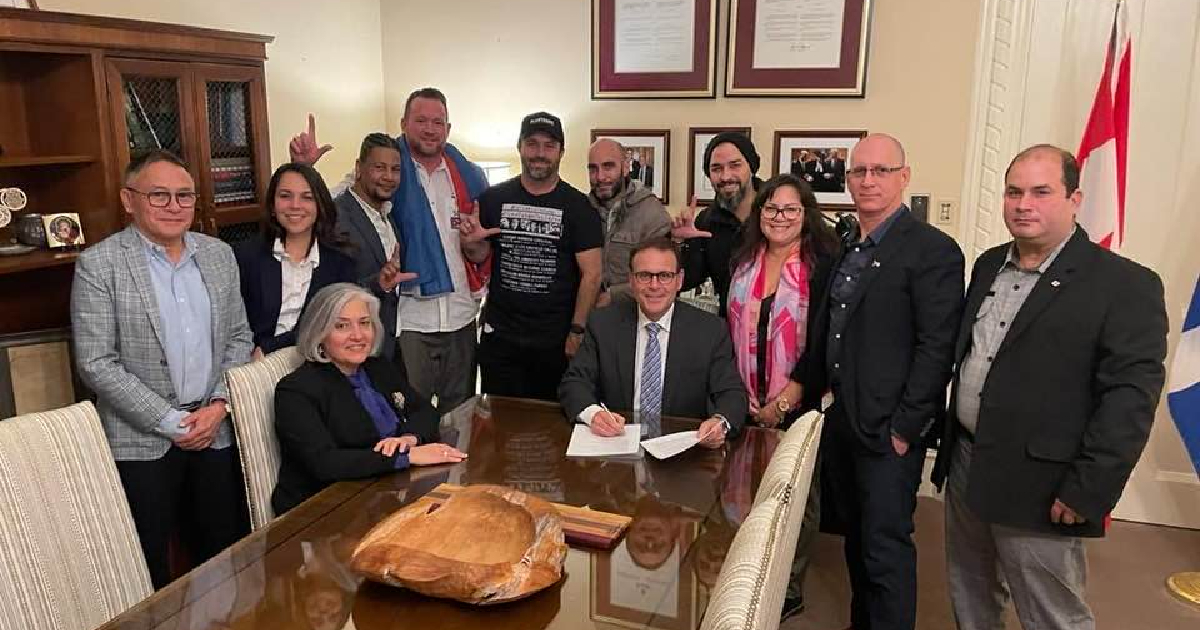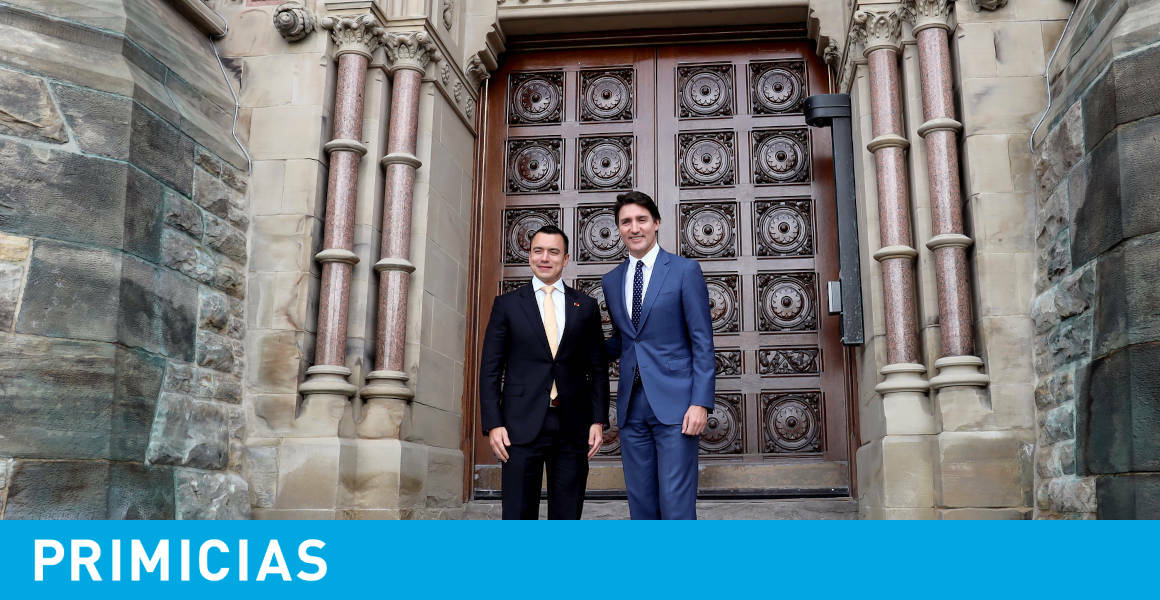[…] either by a new law repealing law 406, or by a decision of unconstitutionality […]Likewise, the company has the right to sue the State of Panama […]
Regardless of the form used to annul Law 406 which approved the contract between the State and Mining Panama (First Quatum Mineral), whether through a new law which repeals Law 406 or through a decision of unconstitutionality which declares that Law 406 is unconstitutional, likewise, the company has the right to sue the State of Panama before an International Court of Arbitration.
Prestigious Panamanian constitutionalists propose that it is better to wait for the decision of unconstitutionality from the plenary session of the Supreme Court of Justice, assuming that it is legally and politically correct. And, in this sense, some say that it would protect or free the State from the obligation to compensate the company and others mention that said judgment would give us greater strength in the face of an international arbitration process.
However, they did not refer orally or in writing to Article 4 of our Political Constitution, which says: “The Republic of Panama respects the norms of international law” and, in accordance with this, it is appropriate to refer to The Investment Promotion and Protection Agreement between Panama and Canada, which was approved by the National Assembly and sanctioned by the Executive Branch through Law 39 of November 14, 1997, and which was duly published in the Official Gazette no. ° 23,420 of November 18, 1997, which is supported by the Vienna Convention on the Law of Treaties of 1969, approved by the National Assembly of Representatives of Corregimientos and sanctioned by the executive power through Law 17 of October 31, 1979, and which was duly published in the Official Journal No. 19.106 of July 7, 1980.
The aforementioned International Agreement signed between Panama and Canada, in its article VIII, refers to expropriation, which states: “Investments or benefits of investors of any of the contracting parties may not be nationalized, expropriated or subject to provisions producing an effect equivalent to nationalization or expropriation (…) in the territory of the other Contracting Party, except in cases of public utility, according to a regular legal procedure, in a non-discriminatory manner and subject to prompt compensation , adequate and effective. (…)”.
From the above, it is necessary to emphasize when it is said “or subject to provisions which produce an effect equivalent to nationalization or expropriation”, because, by annulling Law 406 (by the repeal or decision of unconstitutionality), precisely what is perpetrated is an act that has the same effect as an expropriation (even if it is not mentioned nor called expropriation itself), since the company is dispossessed of a concession where it has already invested millions of dollars and, in this scenario, it must also be emphasized when it is provided: “and by rapid, adequate and effective compensation”, and this is where the right of the company to claim compensation for the investment made in our country.
Now where can the company claim? The agreement itself, in the article within six months from the date of its initiation, the investor may submit it to arbitration in accordance with paragraph (4) (…) (4) At the discretion of the interested investor, the dispute may be referred to arbitration by: (a) The International Center for Settlement of Investment Disputes (ICSID), established in accordance with the Convention on the Settlement of Investment Disputes between States and nationals of other States, (…), always and when both the Contracting Party in disagreement and the Contracting Party of the investor are signatories of the (ClADl); (…)”.
Assuming that Canada and Panama are parties to the International Center for Settlement of Investment Disputes (World Bank Arbitration Center), this is clearly the place where Minera Panamá will be able to sue the State to claim fair compensation for the investment made in the mine. . We should therefore not have the slightest doubt about its viability, since the right is assisting them.
From what we have seen in the previous lines, we must have three clear situations: 1. Our country recognizes and respects international law; 2. There is an international treaty between Panama and Canada that protects investments; 3. Minera Panamá (First Quantum Minerals) has the right to file a request for international arbitration for the investment made in our country.
The Panamanian population must not be mistaken in thinking that one way of overturning Law 406 is better than another, or that one solution liberates us or gives us greater strength to face an arbitration process international. Well, in the end, form is the least important thing, the company that has fair rights will sue us in an International Court of Arbitration and in this situation what we need to do right now is to prepare our defense to face the imminent international arbitration process.
Specialist in international law and arbitration

“Amateur introvert. Pop culture trailblazer. Incurable bacon aficionado.”




/cloudfront-us-east-1.images.arcpublishing.com/eluniverso/7DLFSAFA2BB63AA64KENYR5D4A.jpg)
/cloudfront-us-east-1.images.arcpublishing.com/eluniverso/2RI3Z5UGSVB4FPXKA47LSMCSLE.jpg)

